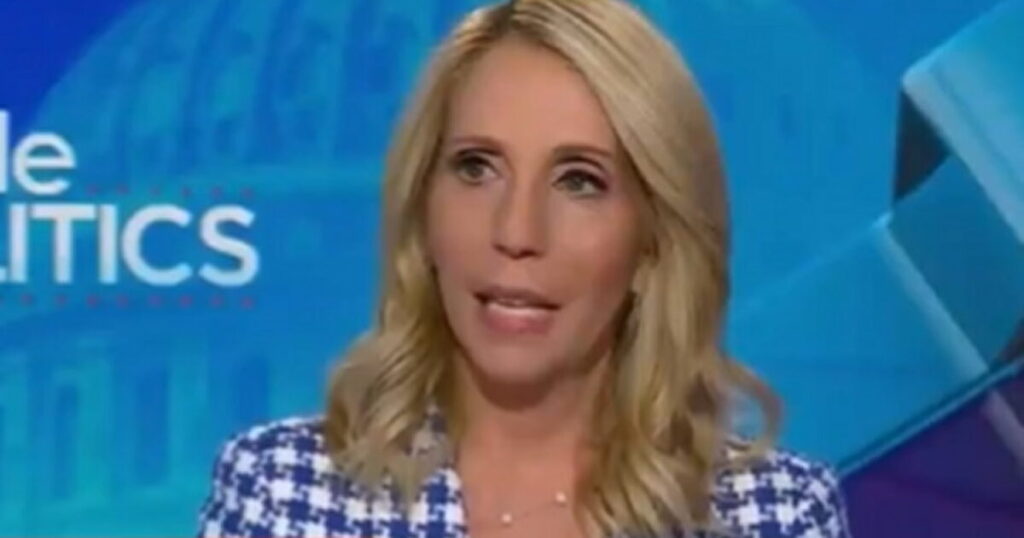On a recent episode of ABC’s “The View,” Vice President Kamala Harris faced a simple yet pivotal question regarding her potential differences from President Joe Biden’s policies and decisions. Surprisingly, Harris responded with, “There is not a thing that comes to mind,” suggesting a remarkable degree of alignment with Biden’s administration. This response shocked many political analysts, even those at CNN, who anticipated a more nuanced reply, especially given the crucial nature of differentiation for her electoral campaign. The inquiry was not merely a casual conversation piece; it tapped into a pressing concern for voters who are increasingly seeking distinct leadership qualities ahead of the upcoming 2024 elections.
Molly Ball, a senior political correspondent for the Wall Street Journal, expressed astonishment at Harris’s inability to articulate any contrasting perspective when appearing on CNN’s “Inside Politics.” Ball noted that Harris’s lack of a strong response could hinder her efforts to establish herself as a dynamic alternative to the current administration. The question posed to Harris represented an opportunity to convey her vision for leadership and bring clarity to voter concerns about her candidacy. Instead, her omission of any differing views highlighted a tendency to struggle with quick and effective communication in high-pressure interview scenarios.
Batya Ungar-Sargon provided another layer of analysis regarding Harris’s comments during a segment on FOX Business. She argued that Harris’s statement implied an acceptance of the Biden administration’s controversial policies, particularly with regard to immigration. Harris’s admission that she would not have approached decisions differently led Ungar-Sargon to suggest that the administration’s major policies, such as border management, were intentional rather than accidental. By reinforcing the existing framework established by Biden, Harris might inadvertently alienate voters seeking significant shifts in policy direction as the nation approaches a critical election year.
With the 2024 election shaping up to be a referendum on change and dissatisfaction with the current trajectory of the country, Harris’s comments come at a precarious time. Public sentiment appears to be leaning toward candidates who promise a break from status quo governance rather than continuity with it. Harris’s failure to provide a clear differentiating stance reflects a missed opportunity to connect with voters who are eager for transformative leadership. As the campaign heats up, this dynamic could play a significant role in defining both Harris’s candidacy and the broader Democratic strategy.
Furthermore, the lack of distinction in Harris’s answer raises questions about her overall campaign strategy and its effectiveness. The political landscape is increasingly competitive, with many voters exhausted by the current administration’s handling of key issues such as the economy, healthcare, and immigration. In this context, Harris’s reluctance or inability to outline potential departures from Biden’s policies could be interpreted as a weakness. As voters seek authentic leaders who resonate with their concerns, Harris’s hesitance suggests a critical vulnerability that could impact her appeal among undecided constituents.
In conclusion, Kamala Harris’s recent remarks on “The View” reveal significant challenges she faces as she seeks to establish her identity within the Biden administration. Her failure to provide a substantial response when asked about differences from Biden underscores a broader need for clarity and decisiveness as she prepares for the 2024 campaign. As the electorate grapples with dissatisfaction and calls for change, it will be essential for Harris and the Democratic Party to articulate a vision that resonates with voters and stands apart from past policies. The upcoming election will likely hinge on candidates’ abilities to connect with the electorate, ensuring that distinctive leadership qualities become the focal point of the political discourse.

